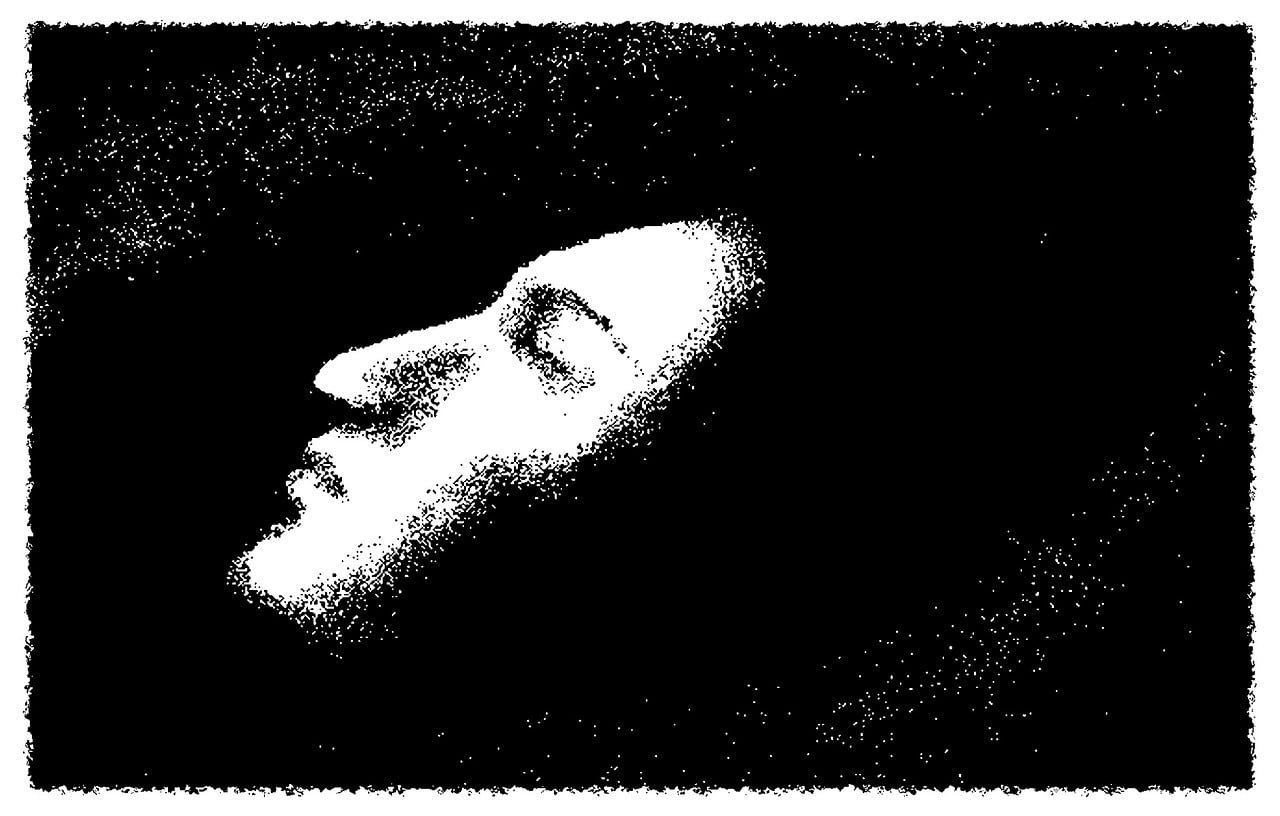Here is the book review for the new book on Parkinson's (search for "Lilian Sjoeberg" on your local amazon and the book should come up).
Read MoreSleep and Parkinson's Disease, Part 2
At that time, I had not quite perfected my routine or sleep quality. I am now doing quite well with it, and my sleep is much better than it has probably ever been. So in this second part, I will just do a show and tell about the things I ended up implementing that actually worked for me, in case this is helpful for anyone else to follow.
Read MoreEmotional Armouring and Parkinson's Disease
I am working with folks with movement disorders to explore the use of neurofeedback and photobiomodulation to aid them in their recovery. In this article, I cover my background, and how I arrived at these as a solution.
Read MoreFascia Decompression and Parkinson's Disease
Reducing Stress and Parkinson's Disease
I have used three hours a day for three years (more than three thousand hours) searching the internet for videos and studies that could give me answers. When I made my small test experiment with people with different diseases, I found that I could help them all with stress reduction. Regardless of diagnosis, I could help them reduce symptoms.
Read MoreStress, Situations, Symptoms and Parkinson's Disease
It is in the nature of chronic diseases that symptoms manifest most when our survival instincts (fight, flight, freeze) take over our body's function. This is why the severity and range of symptoms can vary moment to moment, hour to hour, or day by day, according to how stressed or how relaxed we are in that moment, for most chronic diseases. Here, I use the word stress in its widest possible interpretation, to denote anything which may be troubling us in the present moment, e.g. feelings, accidents, trauma, troublesome relationships, financial problems, small unresolved situations from childhood, that may seem insignificant to an adult.
Read MoreEarly Retirement and Parkinson's Disease
By Florencia Cerruti, person with Parkinson’s Disease and author of Rebirth at 50: in the end, it was not The End.
Very shortly after my diagnosis of Parkinson's disease at age forty seven, I asked a neurologist how long I should work. His answer was: "Until the last day that the disease allows it." His words echoed within me: what would happen that day? Would I be the one to decide or would it be my colleagues and bosses at work who would warn me before I had the chance to decide? What would the signal be? In any case, what would it be like to work until the last day the disorder would allow me to?
Read MoreRelationships and Parkinson's Disease
This series of articles includes many self-help tips on how to potentially improve/prevent further atrophy of the cranial nerve functions, to try to increase “vagal tone”. The hope is to delay, or even reverse, the losses of facial expression, light in the eyes, melody in the voice, and ability to listen, all of which can impact significantly on other people’s chances at being able to relate to us, as well as our own ability to read with veracity the social cues coming from others.
Read MoreEating Habits and Parkinson's Disease
This continues a series of posts which reframe major aspects of Parkinson’s Disease as habitual behaviours rather than symptoms. These are features of the condition which can be addressed and changed over time in order to assist with progressive symptom reduction. In this article, we consider eating and PD, but while there is a lot of literature on diets and supplements relevant to the condition, here we consider that the how and when we eat may be just as important or even more so than what we eat.
Read MoreShared Experiences and Parkinson's Disease
When Florencia Cerruti was diagnosed with Parkinson's Disease at age 47, she began using journaling, writing down her private thoughts about her experiences, as a coping mechanism and a therapeutic outlet. Through this self-reflection, she realizes early that there is some innate element of bodily wisdom in the diagnosis of an "idiopathic" chronic condition - that it contains an aspect of her body saying "no more" to a lifetime of holding herself to too high standards, of perfectionism, of "wearing the cape of superwoman".
Read MoreMusic Therapy and Parkinson's Disease
I have played piano since the age of seven and taught music all my life, so it is not surprising that my mobility problems initially became evident to me while playing the piano. I had been asked to demonstrate a new piano, which the local church was considering buying, but while playing I found that I could not move the fingers of my right-hand as quickly as those of my left. For the next eighteen months doctors and physios gave me various diagnoses from trapped nerve to dystonia. When I finally consulted a neurologist, the diagnosis of Parkinson’s was a complete shock.
Read MoreChronic Stress and Parkinson's Disease
Some time ago, I discovered the strong correspondence between the symptoms of stress and the symptoms of Parkinson’s Disease. Later, I found these conclusions were further strongly supported by the book “When the Body Says No” by Dr Gabor Mate. I highly recommend everyone with, or is involved with, Parkinson’s Disease read this book at least once.
Read MoreAthletics Training and Competitive Sport with Parkinson's Disease
The Past, Persistence and Parkinson's Disease
By Stefania Lungu, contributing author and person with Parkinson’s Disease.
“I am 66 years old and this is my story. I strongly believe that almost all major illnesses have deep roots in some traumas/shocks we have at certain moments of our lives, which we were not able to “digest”. All my emotional traumas are related to members of my family. My first shock was back in 1994, when I was alone with a little child to raise. Knock-knock, depression installed itself immediately and I was not able to recognize it and give it a proper treatment. I was very angry, and afraid that I would not be able to cope with all my problems. Yet, in all the critical moments of my life, I received from seemingly nowhere some help from ”above”, and somehow I managed to solve step by step the problems which arose, even when I remained jobless in 2000, and by miracle an old tennis friend helped me to find a new job in a bank, that help restore confidence in myself.”
Read MoreMy Hospitalization with Parkinson's Disease
When the ambulance arrived, the paramedics were sympathetic and could immediately see I was indeed in a terrible state. They agreed things were so bad that I needed to go Accident & Emergency (A&E, the equivalent of the ER in North America) with them immediately.
Read MoreBuilding Aliveness with Parkinson's Disease
The contrast to two years ago is quite stark. Back then I was literally near-Death and dying fast. Then, in my Death Feigning or "off" state, I would be in a much deeper Freeze, with more "rigor mortis" (rigidity). I was literally a zombie. Now I am much more functional - half-alive instead of near-dead - while symptomatic, unless having a really bad day. Even when the drugs switched me on, back then, it was not into full Aliveness, but into another half-dead, unfeeling, empty state - that of permanent Fight-Flight which I had pre-existed all in my life. Moreover, I was taking so many drugs that my movement (and emotions) were uncontrolled, I would go over to a state of dyskinesia which could be worse than the symptoms. Some of the drugs (ropenirole) I was on then actually made my Fight-Flight much, much worse than before.
Read MoreDiminished Aliveness and Parkinson's Disease
Perhaps it would be instructive at this point, therefore to describe more about what its like when I am very symptomatic, to help understanding of why I believe this disease truly corresponds to Death Feigning, and why the converse - increase Aliveness - is the key route to healing. In Death Feigning, not only movement is switched off, but as are all signals through which the keen sense of predators might detect some vestigial signs of life. To me, this describes exactly how it is when I am symptomatic - if I don't implement strategies to combat this state and just allow it to take over - and the more symptomatic I am, the more pronounced these experiences:
Read MoreDevelopmental and Shock Trauma and Parkinson's Disease
As for many people with young onset forms of Parkinson's Disease, my diagnosis was given the label "Idiopathic". This term, Idiopathic, is used to denote any disease or condition which arises spontaneously or for which the cause is unknown. This diagnosis was wholly unsatisfactory to me, as I'm a person who needs to know the "why" of things.
Read MoreDiet and Nutrition in Parkinson's Disease
Over recent years, it has become very clear that there are a number of things which people with Parkinson's Disease (PwP) can proactively do, or not do, to mitigate their symptoms. Likewise, there are many lifestyle choices which are now known to aggravate and worsen the symptoms on a day-to-day basis. Longer term, these choices have been shown to either slow or increase the rate of progression. The evidence has come both from the science base and from the statistically relevant, aggregated shared real life experiences of people affected by PD around the world, via social media.
Read MoreProgressive Reduction in Symptoms of Parkinson's Disease
The purpose of this article is to review the outcomes from employing the pragmatic solutions, covered on this website, for working towards progressive symptom reduction of Parkinson's Disease. In particular, I discuss the outcomes of the persistent practical applications on myself, and demonstrate the improvement through the records of my Video Diary.
Read More


















